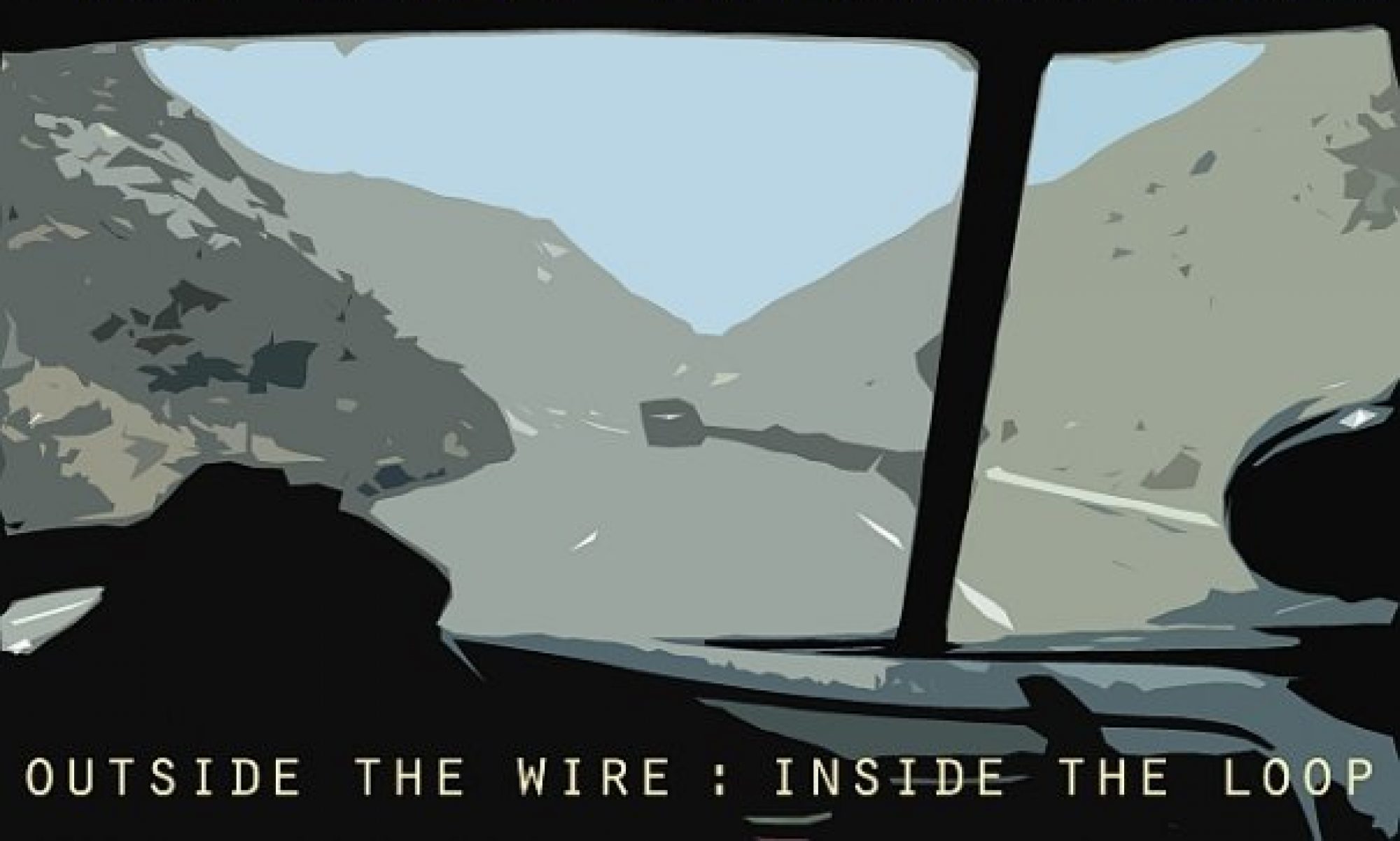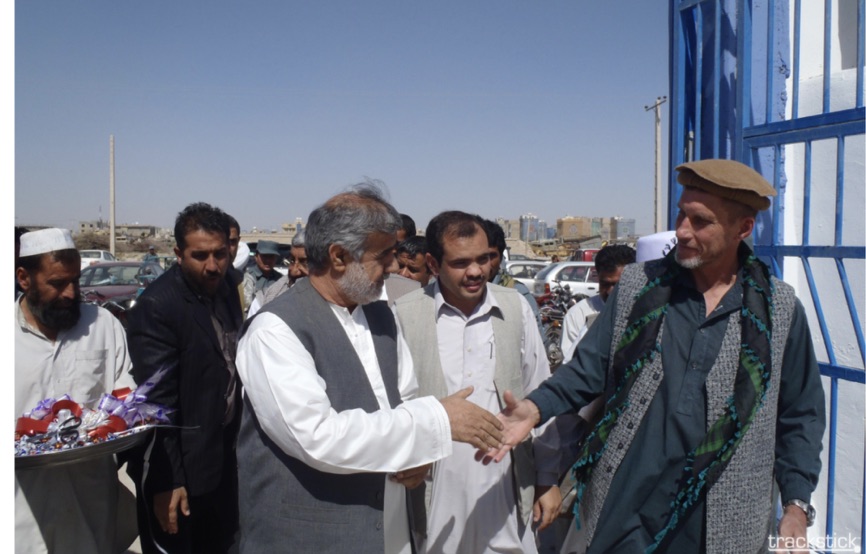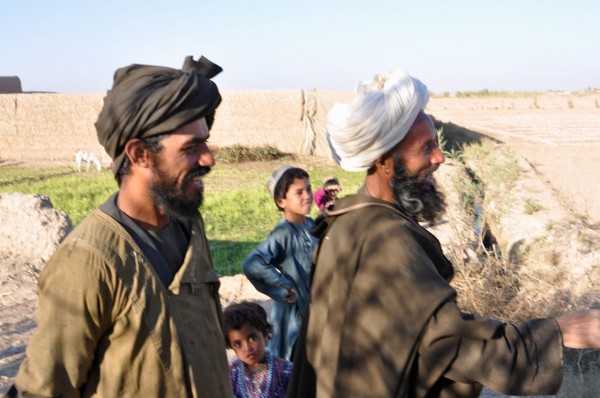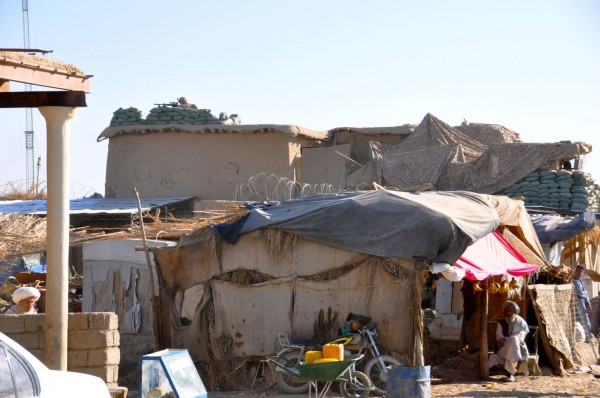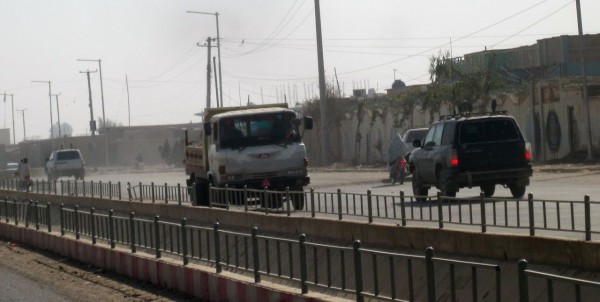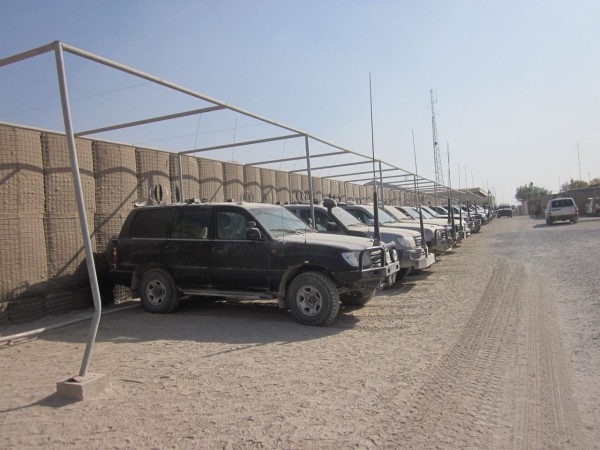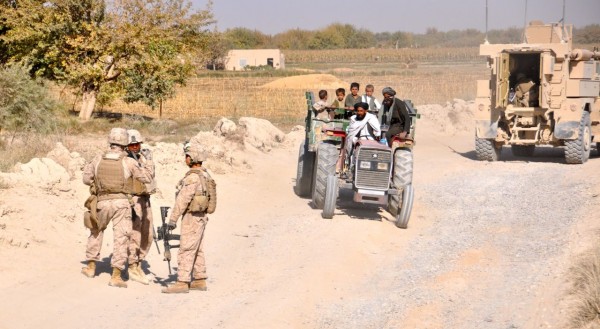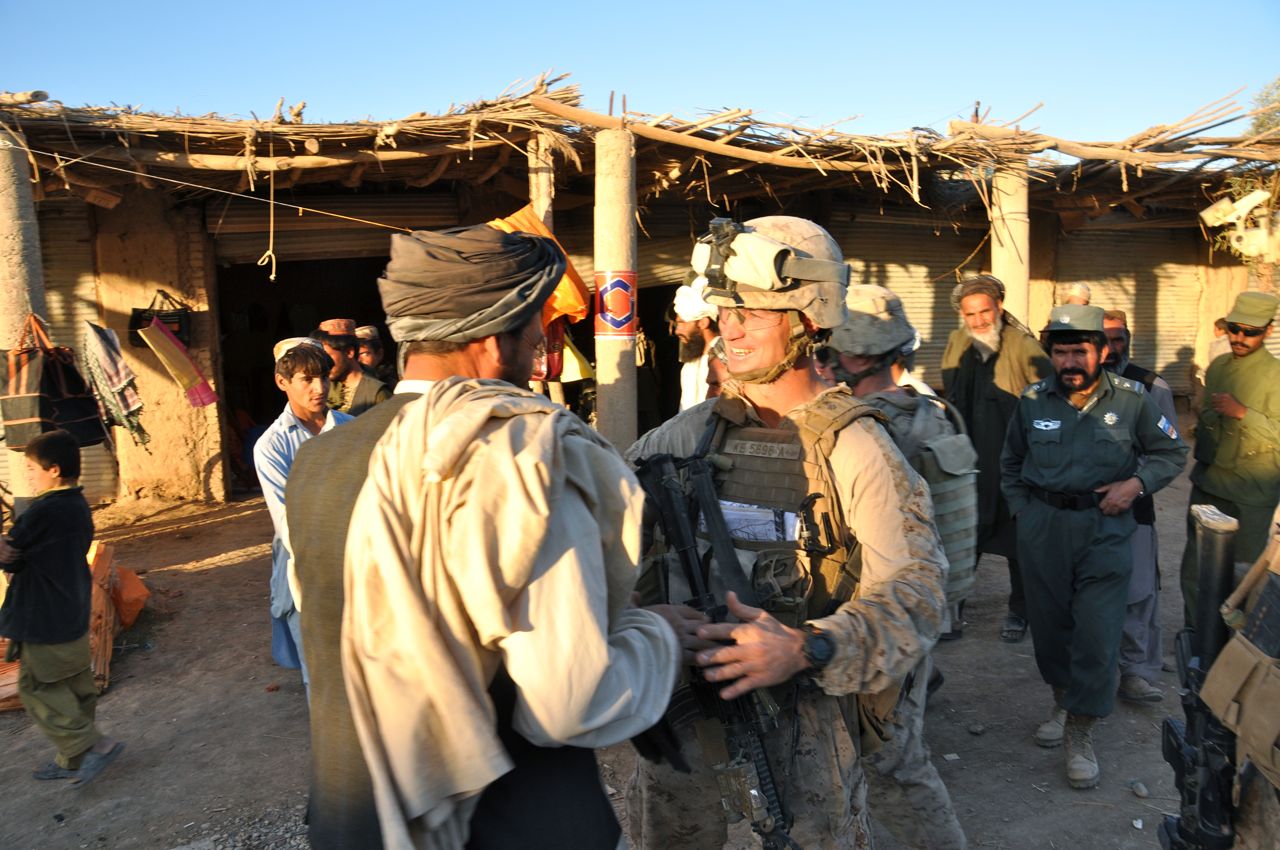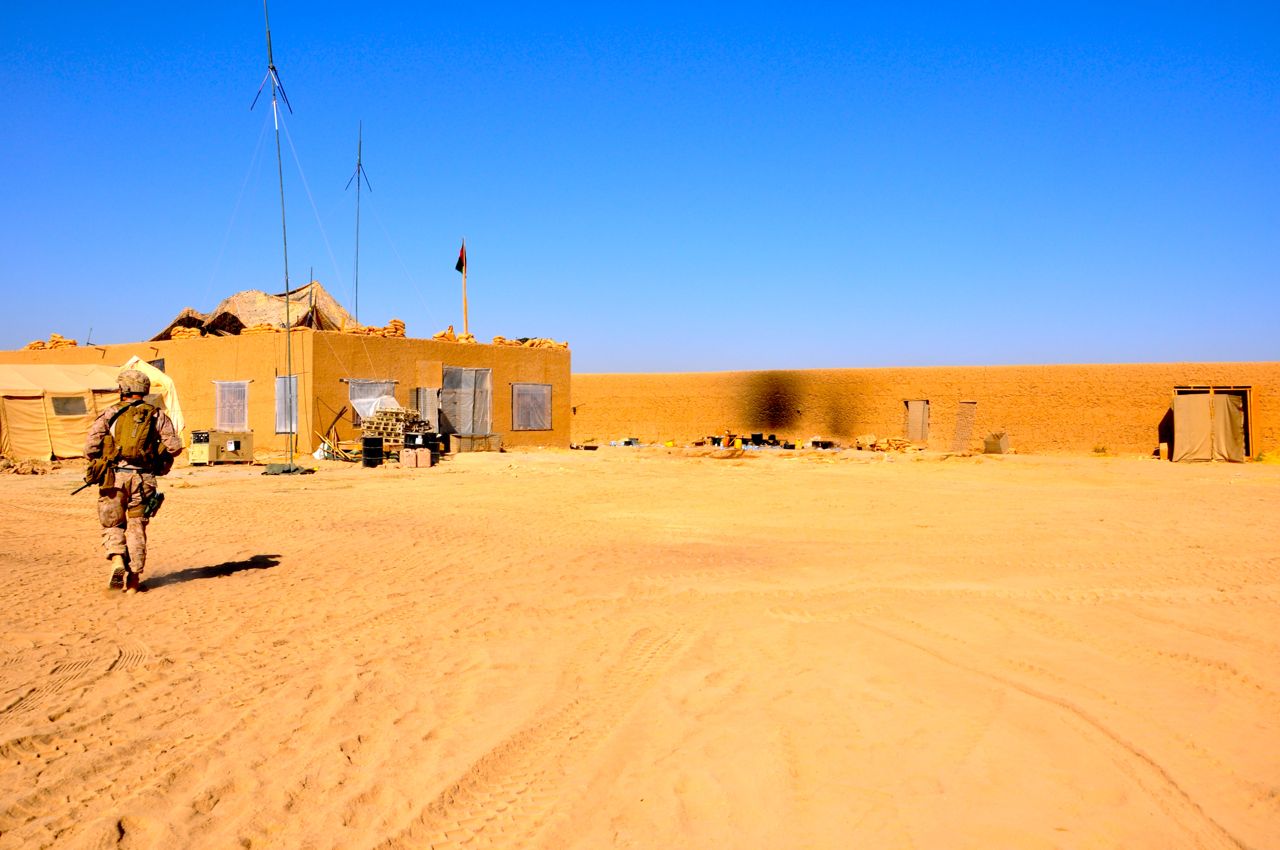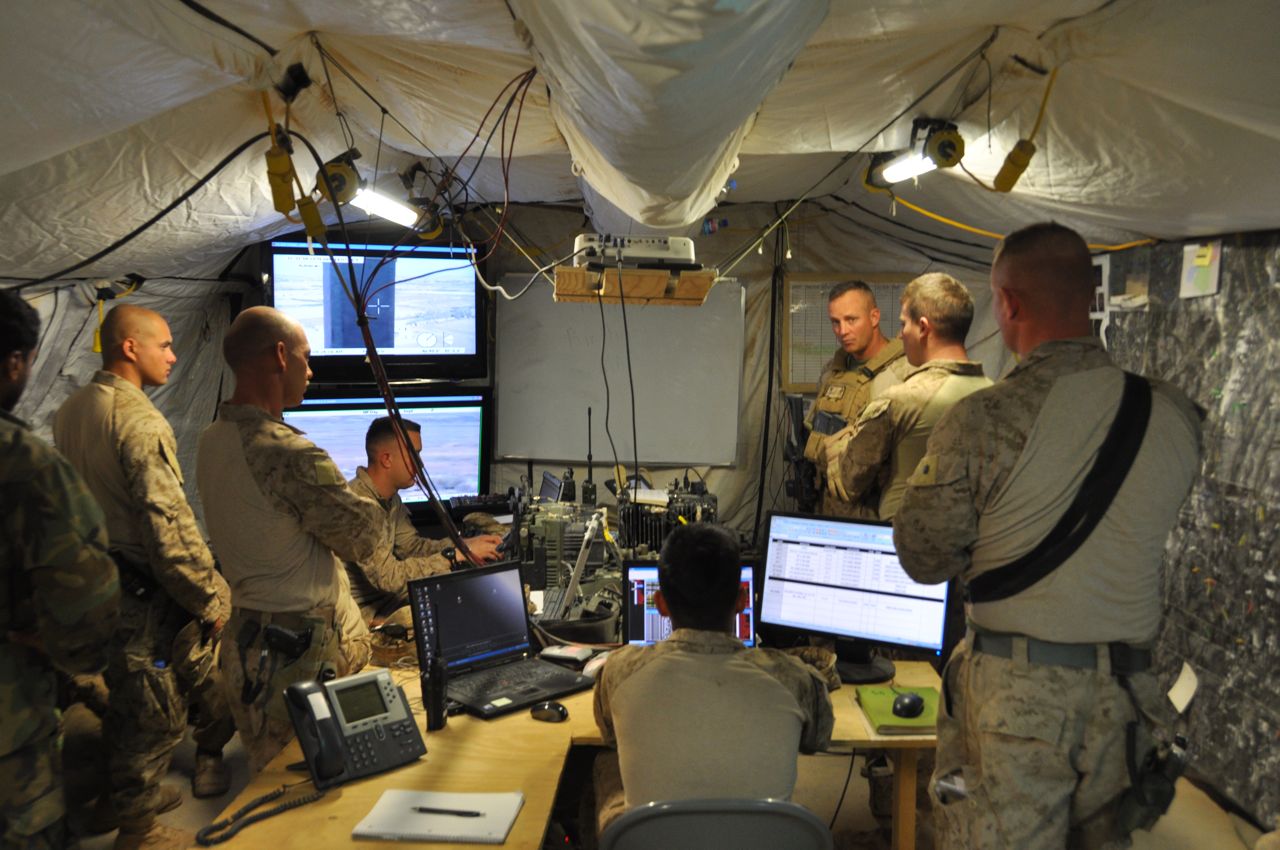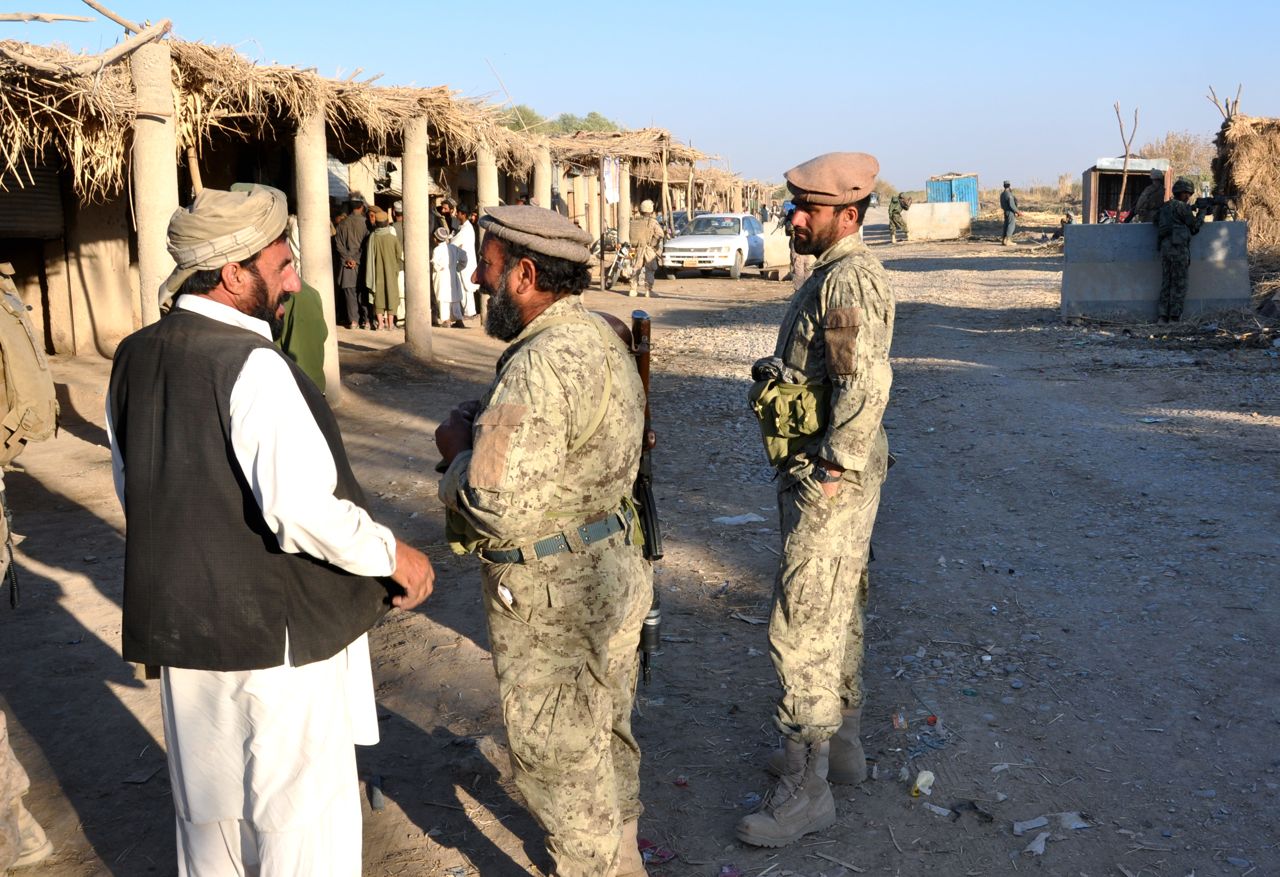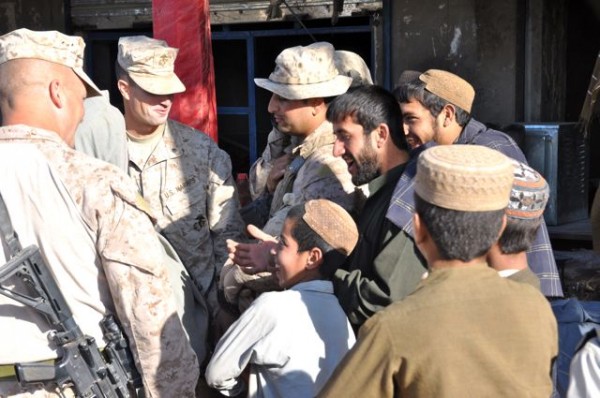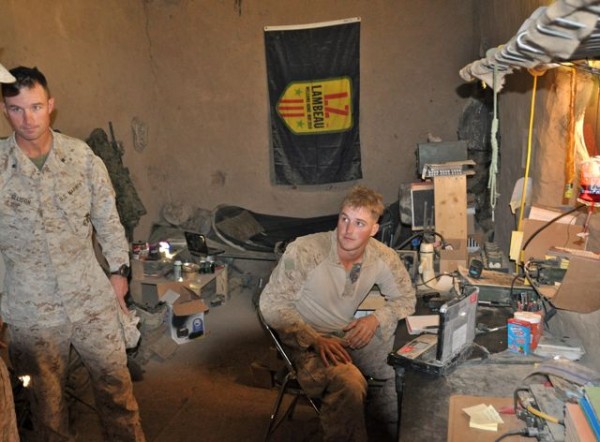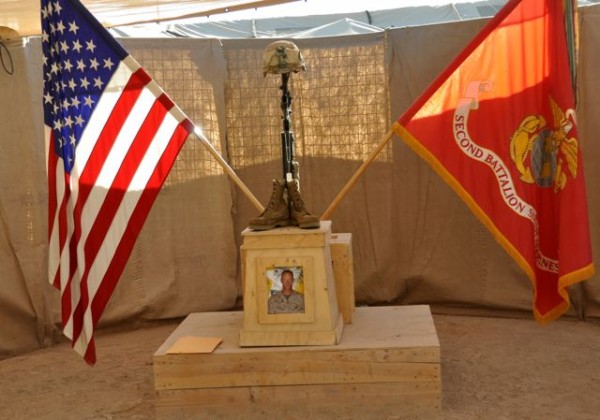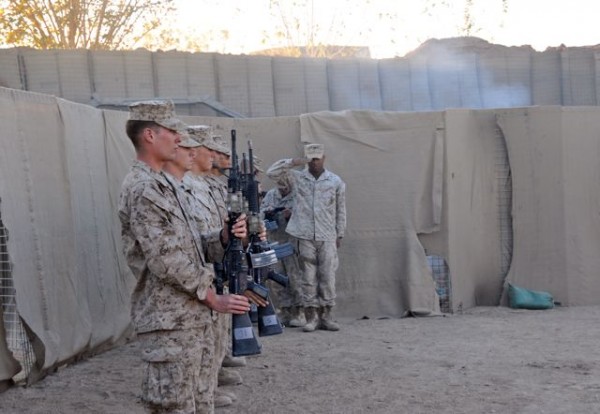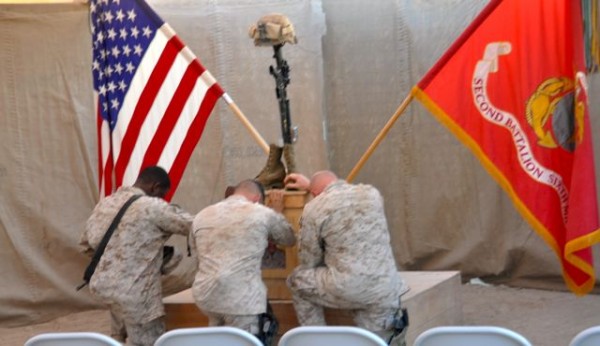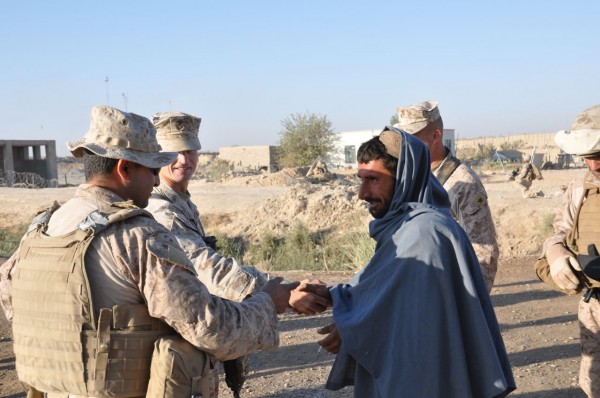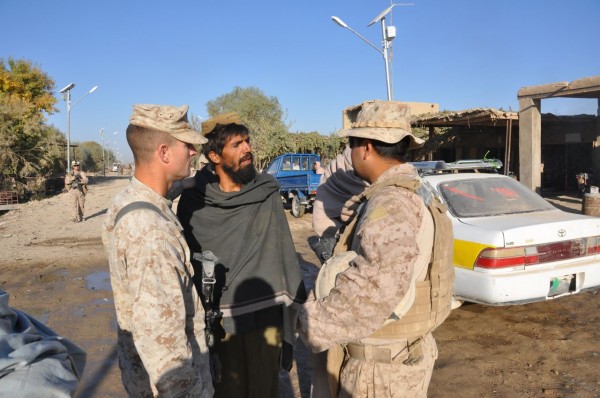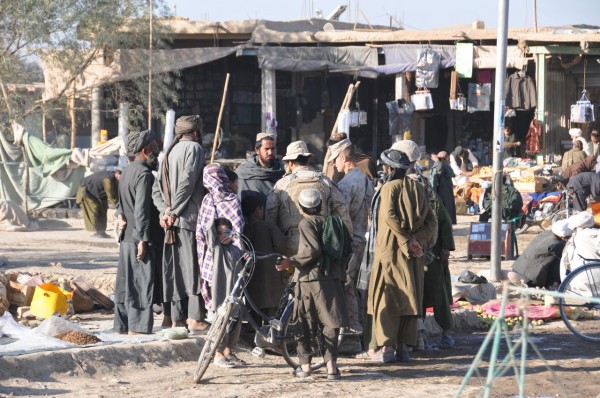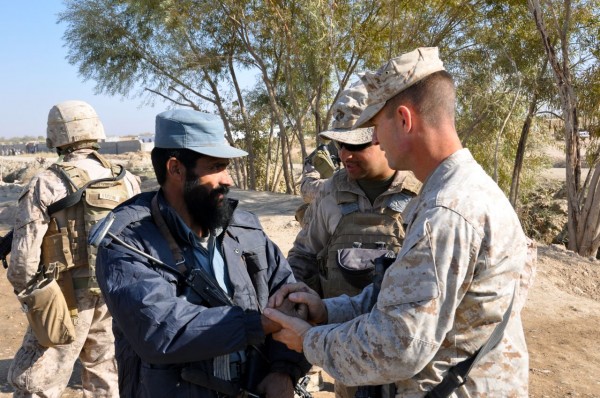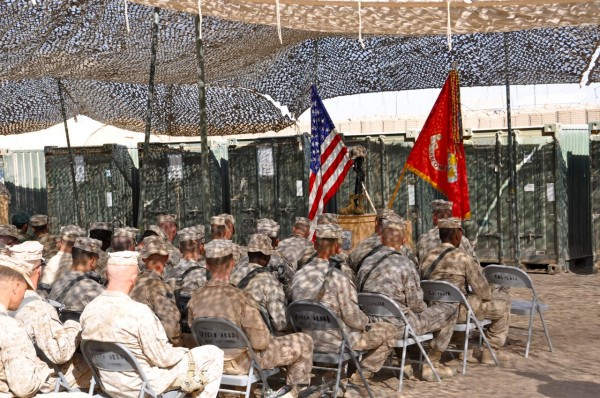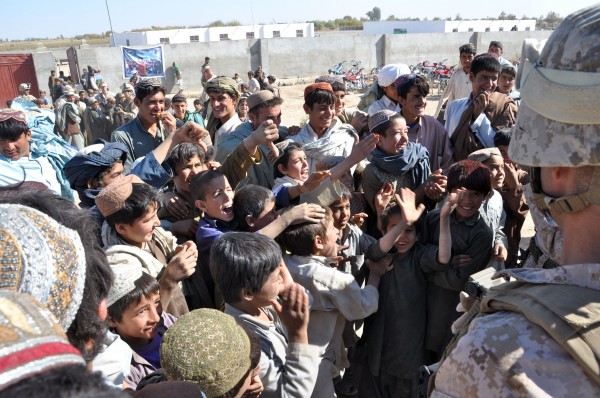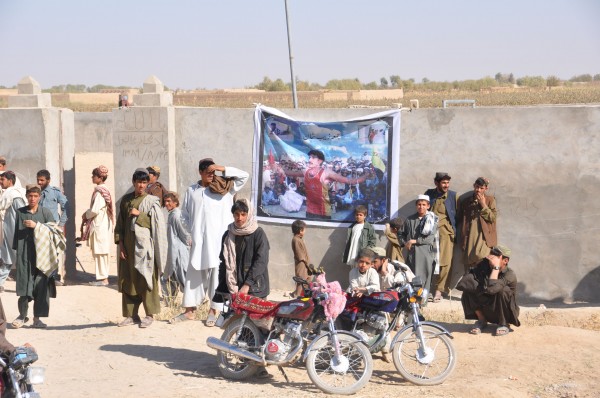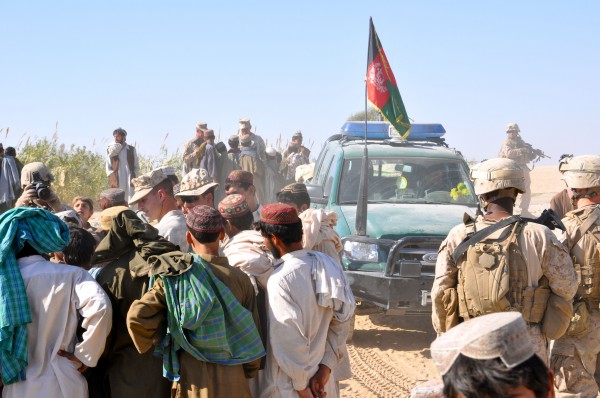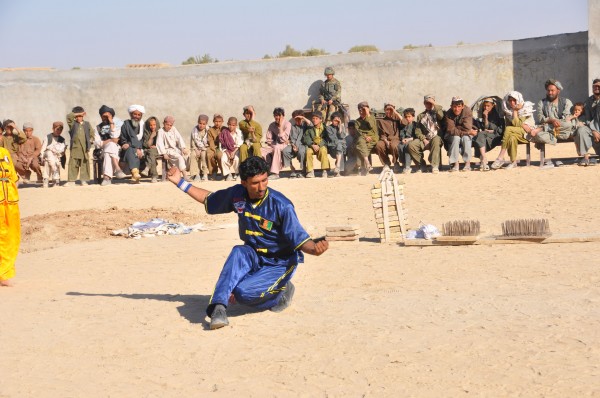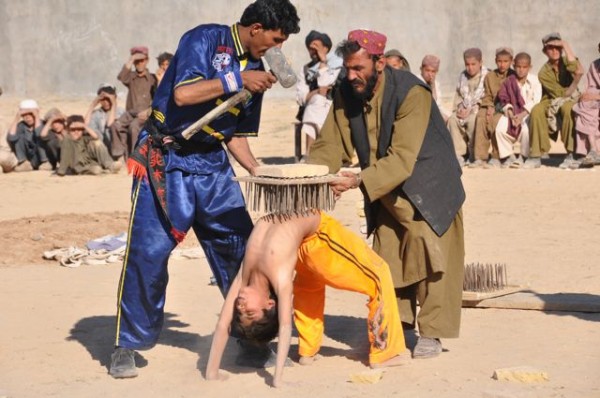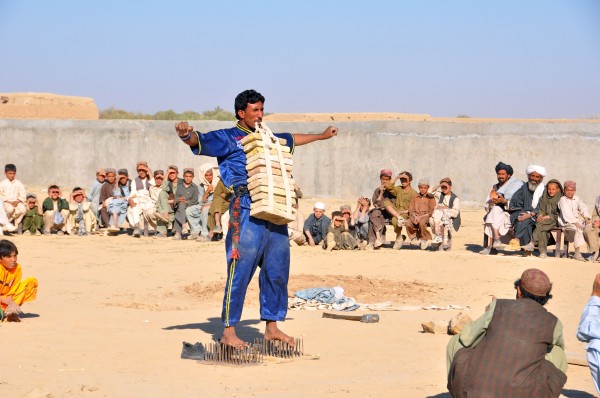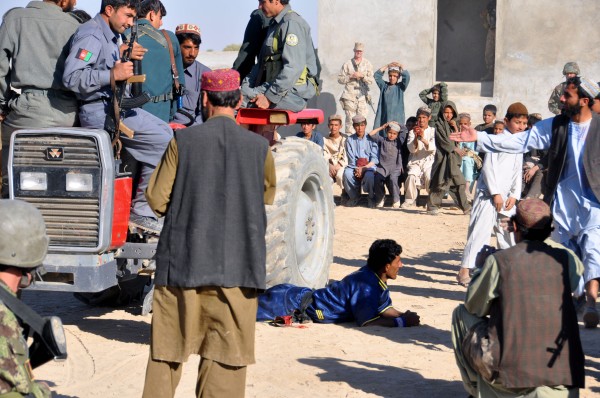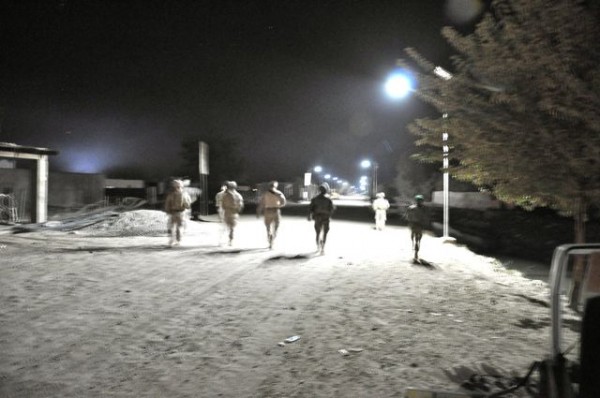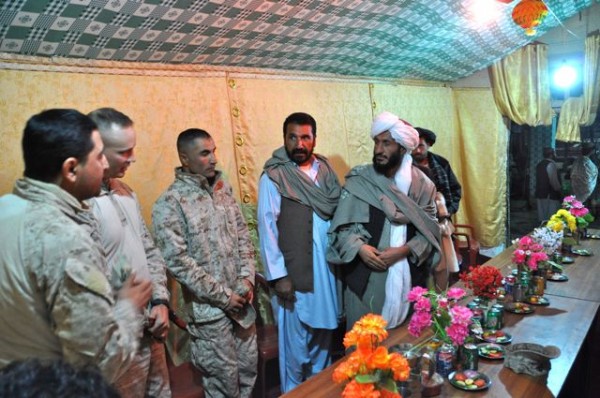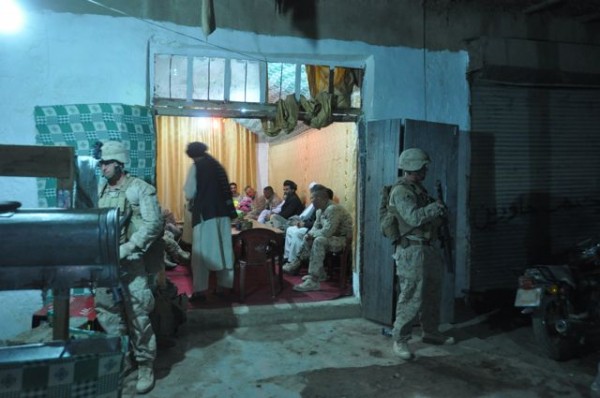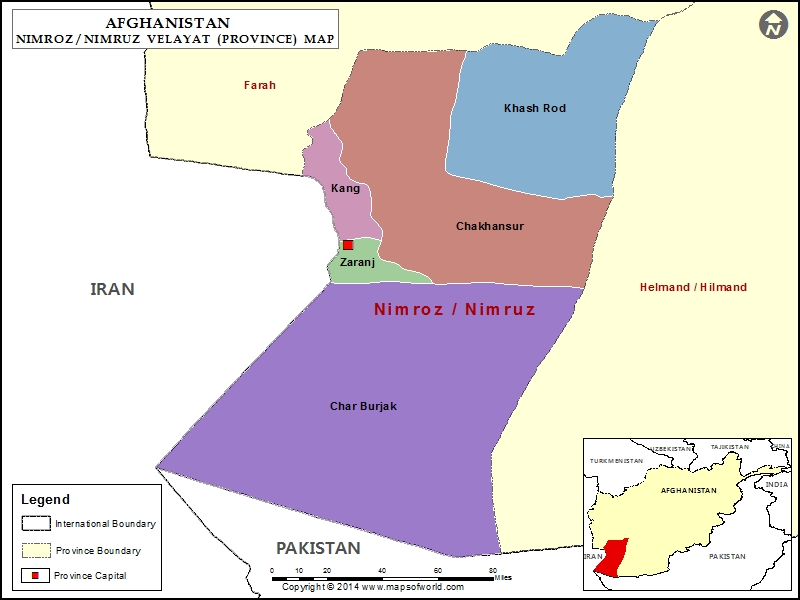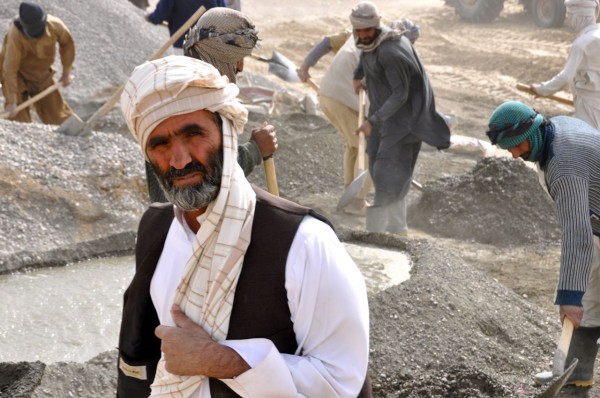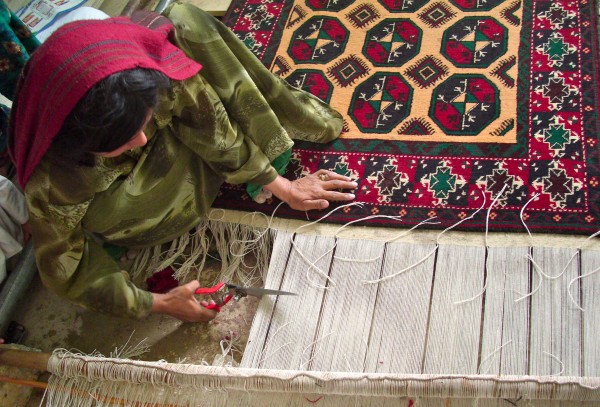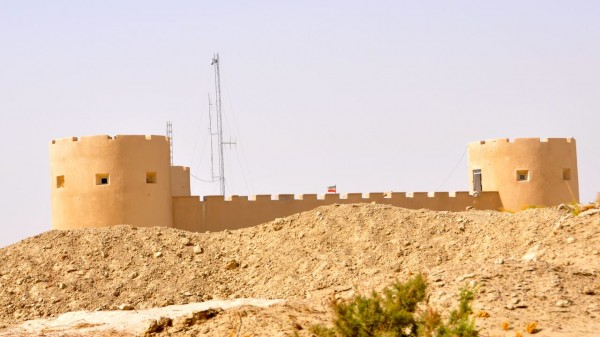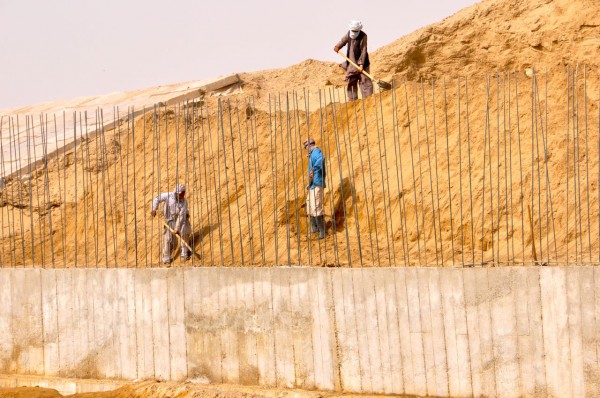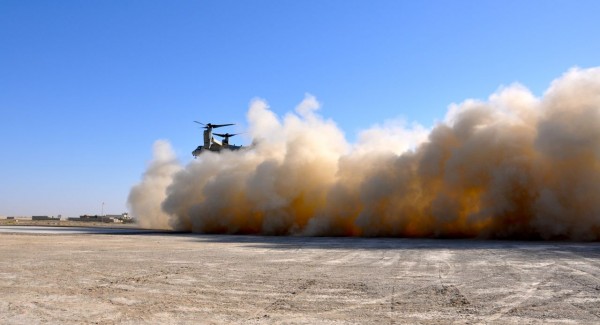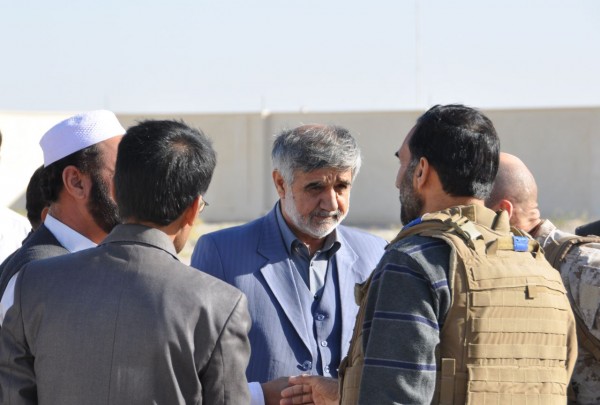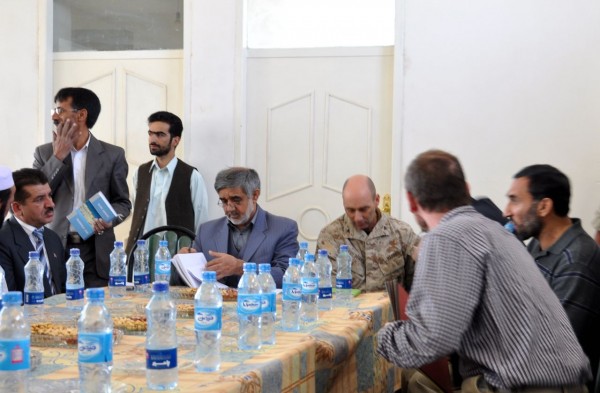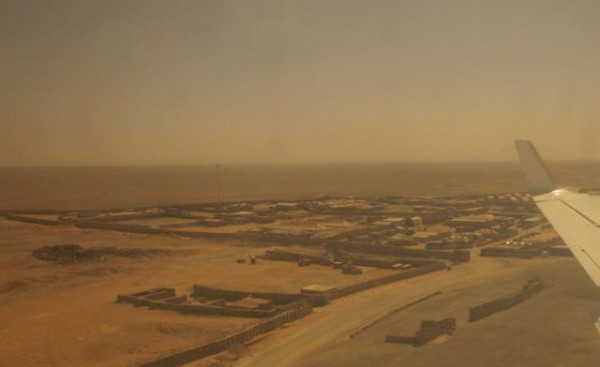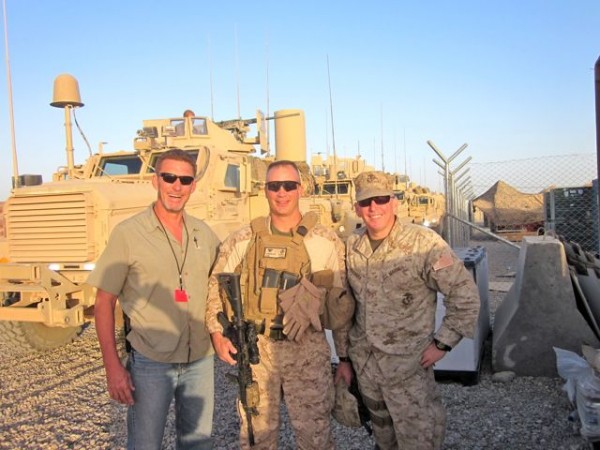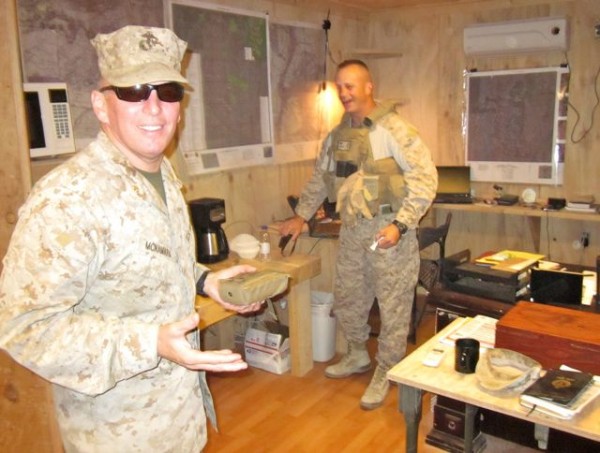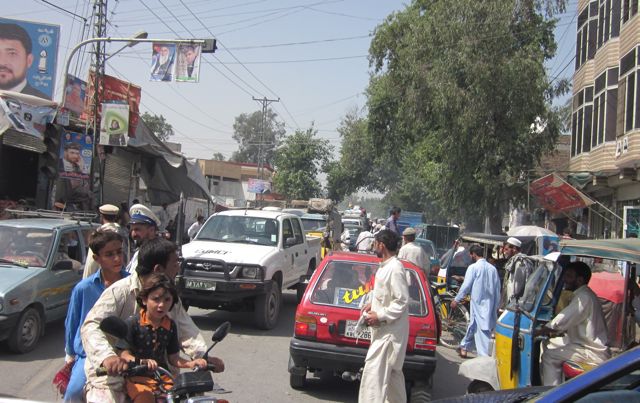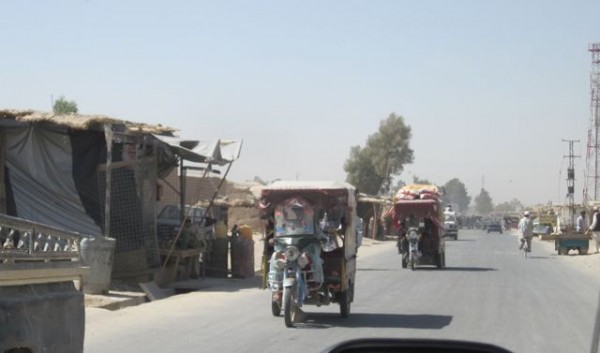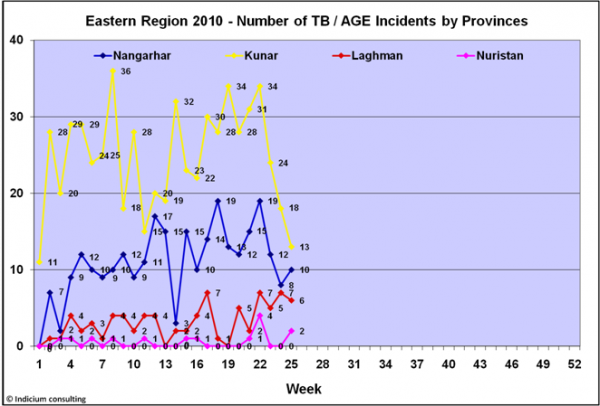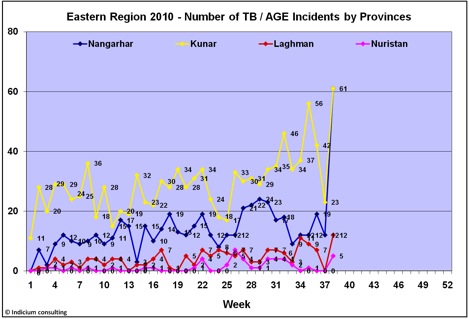The efforts of the international community to bring aid to Afghanistan and help develop the infrastructure are failing dismally. That should not come as a surprise to anyone familiar with the international aid industry. The international community has spent hundreds of billions of dollars in Africa over the years, with no discernible success. They are enriching vile, oppressive dictators while sentencing the average African to a life of misery, poverty, and squalor. Most people in most places at most times have lived under the yoke of tyranny, which seems, with the exception of the Western world, to be the natural order of things. One need not be a historical scholar to understand what is self-evident – just look at Zimbabwe, Haiti, Mexico, or Illinois to see the heavy hand of tyranny stealing from the people to enrich powerful elites.
Is the average citizen of the African continent better off now that colonialism is dead? I doubt it and, in fact, have personally talked to hundreds of Africans who will tell you without much prodding that life in their country was much better during the days of European colonialism. Aid programs are most effective when the people delivering the aid are in the same situation as the recipients. If the countries who provide aid are not willing to send their aid workers into the recipient country and leave them there then it is much more humane for all involved to do nothing, to spend not one penny, to leave people to their own devices to fend for themselves and figure out how to join modernity on their own terms. Throwing billions into countries ruled by tyrants does nothing but increase human misery and mayhem, conditions which I’m firmly against as a matter of principle.

The Aid business is now a deadly business, according to the New York Times, in a long, detailed story about an NGO located right down the street from us. The Times, like all media except the Toronto Star, ignores our operational success and implementation savvy because it runs counter to their narrative. You would think that our success in accomplishing all projects on time and on budget in the most challenging provinces would garner some attention in the US media, but it hasn’t. The only reporter to recognize what we were accomplishing and write about it was Mitch Potter of the Toronto Star, who wrote about my buddy Panjwaii Tim and his Kandahar operation.
From the linked New York Times article:
Among the contracted aid groups working for coalition government programs, which nearly always employ armed guards and work in fortified compounds or from military bases, the body count has been particularly severe. Eighty aid contractors employed by the United States Agency for International Development were killed and 220 wounded from January through early November of this year. (In the same period, 410 American soldiers and Marines died.)
The aid contractors were attacked on average 55 times a month a seven-fold increase over 2009, Mr. Gast said. By contrast, 20 people employed by charitable and humanitarian groups, which refuse to use armed guards or work with the military, were killed during the first nine months of this year.
The article goes on to point out that Doctors Without Borders has a compound in Lashkar Gah which has never been attacked, unlike the heavily fortified IRD compound which is right down the street. That’s a good point, sort of, as I, too, think the heavily fortified compounds are a waste of money and invite attack from armed actors of various stripes. I live right behind the Doctors Without Borders compound, and our compound is more modest and inconspicuous. Unlike our Doctor neighbors, every expat bedroom is a mini armory and ammunition supply point. We don’t have wire lacing the top of our walls, but we have plenty on our side of the wall out of view of the public. I pity the fool who jumps into our compound because he’s landing on top of a triple-strand concertina that will slow him long enough for the dogs to get into action.
Here is what really irritates me about the New York Times piece:
Mr. Watson agrees that the lines are often blurred. It makes it difficult for us in the humanitarian community to demonstrate to those on the other side of the conflict that we strive to be neutral intermediaries, he said.
The only “neutral intermediaries” Afghanistan has seen in modern times were the medical team headed by Dan Terry and Tom Little, who accounted for 10 of the 20 humanitarian group members that were killed this year. Unlike Oxfam and Doctors Without Borders and all the armed knuckleheads like me running around the country, Tom and Dan lived here, were fluent in local languages, were never armed, and were seen by all sides as being neutral. Yet they were gunned down in cold blood by Islamic insurgents affiliated with the Taliban. The Taliban once believed in neutral intermediaries, which is why Tom Little and Dan Terry lived and worked in Afghanistan during the Taliban reign. Now the Taliban clearly do not respect neutral intermediaries, which was proven beyond a doubt to me and the other expats, Free Ranging beyond the wire, by the murder of Tom Little and Dan Terry.
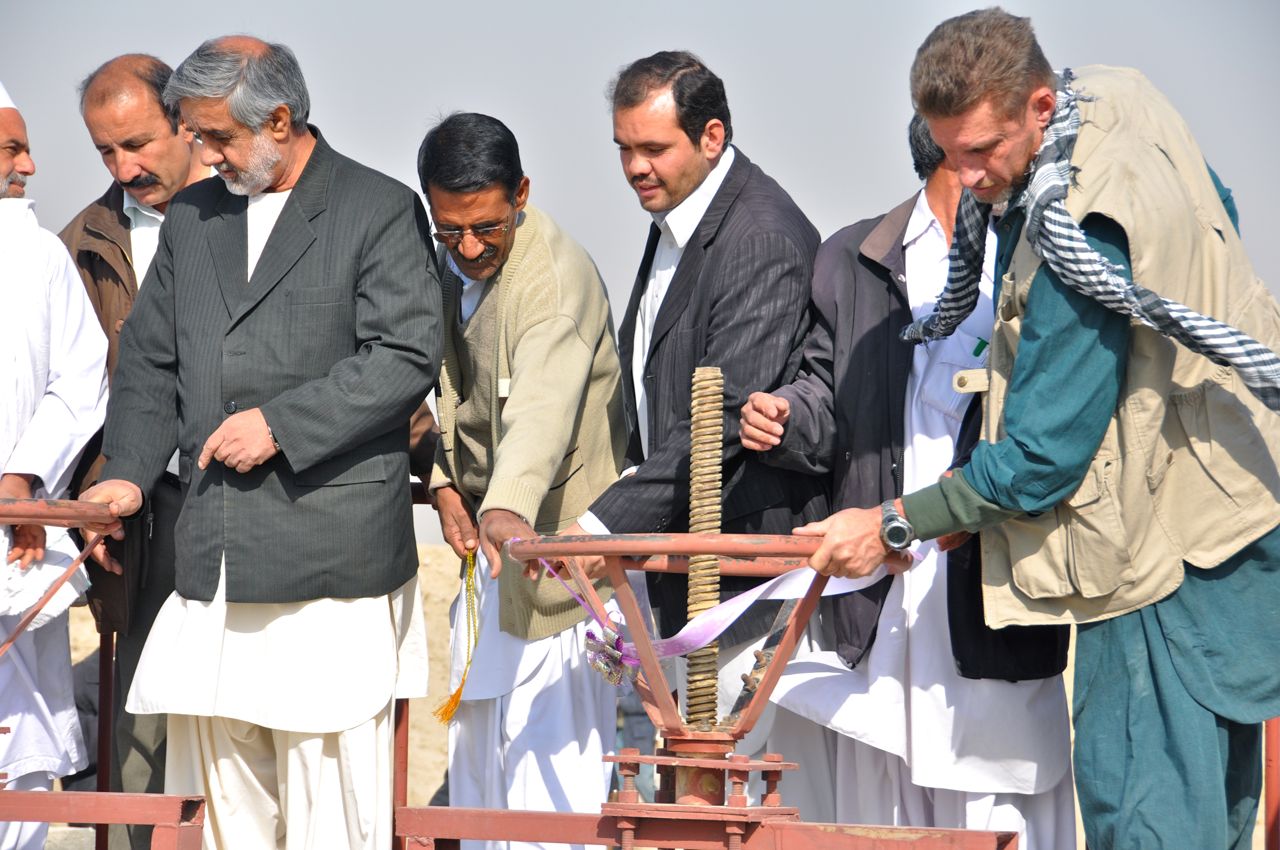
The Governor of Nimroz Province, Abdul Karim Brahui, my super-provincial manager, Bashir, and I opened the Kang district canal, which will bring irrigation to the district for the first time in 40 years. Will projects like this help? I think they might but don’t really know. What I care about is that we do what we say we are going to do without wasting millions of donor dollars to do it. The international NGO community seems to specialize in administering ineffective aid at the margins. They aim to be perceived by all sides as neutral intermediaries, which motivates their international staff while giving them a false sense of security. However, they lack the staying power and religious-based motivation that sustained Dan Terry and his wife for 30 years, and thus the results they produce are as transitory as they are.
If the true neutral intermediaries are no longer safe in Afghanistan, then the only way “aid” is going to be accomplished is by aid workers who can protect themselves. This is what we do, but nobody else in the aid game wants to do it (because hiring former military personnel to deliver aid is like giving fish bicycles or something), despite the fact that it is the only way to get things done.

The ineptitude of our Taliban advisories is one reason why the military portion of the surge is working so well. Another reason is that we have (under the radar) eased up the restrictions on the use of firepower. As I mentioned in past posts, the Marines down south have no problems with the ROE, and they shoot HIMARS and run tac air daily. Spencer Ackerman at Danger Room has blogged on the HIMAR, but unlike his observations, it seemed to me that shooting HIMARS was easier for the Marines than working in Tac Air. Regardless, it is clear that the military has turned a corner and is prevailing on the southern field of battle. For a retired infantryman like me, it’s great to see, but it’s also irrelevant.
The reason our current military success is meaningless is that other governmental agencies insist on working through the government in Kabul, despite a decade of experience proving that the central government will not function like a Western government. The other problem that every senior decision maker involved with this endeavor also knows is that the people of Afghanistan will not accept a government installed and maintained by infidels as legitimate. It’s one of those inconvenient truths that is not talked about in polite company.
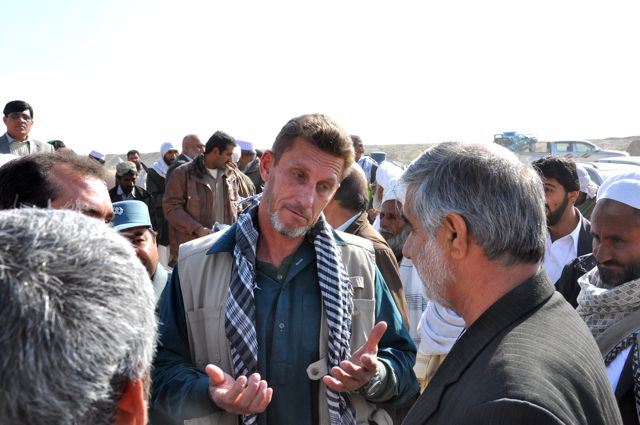
It occurs to me that a rational approach towards Afghanistan would mandate that we spend more time and effort bolstering leaders like Governor Abdul Karim Brahui while simultaneously ignoring and marginalizing the central government in Kabul. That is, as I see it, the only way we can complement the military success we are seeing in the South. However, the big players in the aid industry don’t want effective solutions; they want giant, multi-million-dollar contracts, and despite a 10-year history of failure, they will secure them. Those fools will continue pissing away a kings fortune daily while accomplishing little. That is not right, it is not fair, it pisses me off but I’ll you this; it is the truth.
